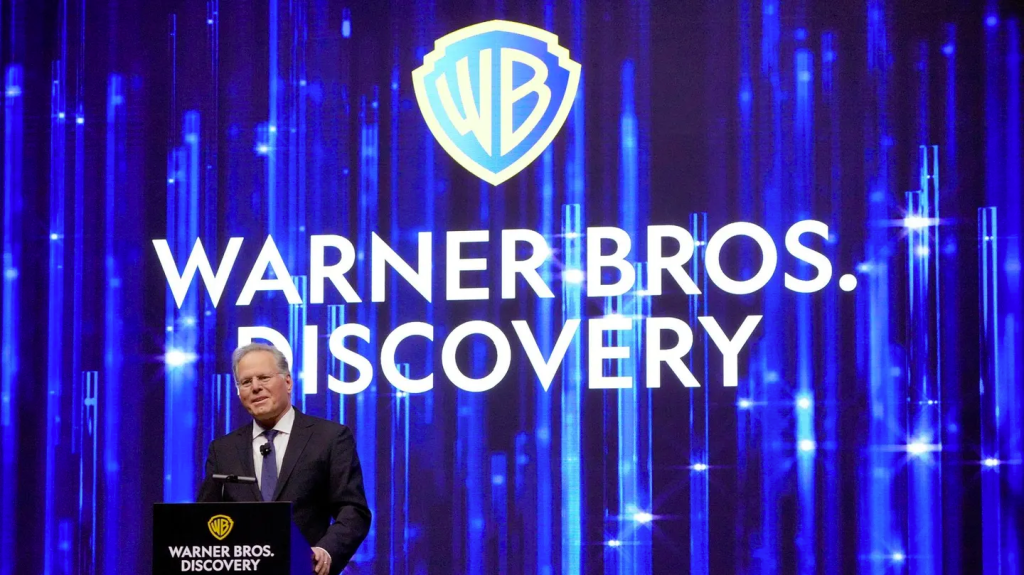Shares of Warner Bros. Discovery slid Friday to their lowest level ever, even after the HBO and CNN parent’s streaming unit became the first major streamer aside from Netflix to record a profitable year on record, exemplifying the struggles of legacy media companies to return shareholder value in the era of streaming.

Key facts
- Warner Bros. Discovery’s stock fell 10% to $8.61, storming toward its lowest closing share price since WarnerMedia and Discovery began trading as one entity in April 2022 upon the completion of their merger.
- The downswing came after the company’s fourth-quarter earnings report released Friday morning revealed $10.28 billion in fourth-quarter revenue and a $0.16 loss per share, both well worse than consensus analyst estimates of $10.34 billion in sales and a $0.10 loss per share, according to FactSet.
- The double earnings miss clouded the fact that Warner Bros. Discovery notched a $103 million profit in its direct-to-consumer division encompassing its Max streaming service, as measured by adjusted earnings before interest, taxes, depreciation and amortization (EBITDA), an impressive feat considering competitors like Disney and Paramount have never sniffed a year in the black.
- But even Warner Bros. Discovery’s silver lining didn’t have much luster: Its direct-to-consumer unit’s $55 million loss last quarter fell far short of analyst forecasts of a $20 million profit.
Crucial quote
Even Warner Bros. Discovery’s chief financial officer Gunnar Wiedenfels seemingly downplayed the notability of his company’s streaming accomplishment.
“We will not be focused so much on individual quarters’ or years’ profitability” in the direct-to-consumer business, Wiedenfels said during Friday’s earnings call, noting the segment’s “top priority” is to “fuel” broader growth.
Key background
Warner Bros. Discovery’s valuation has cratered from over $60 billion in April 2022 to $21 billion. The decline coincided with the market’s broader chilliness toward media stocks as companies struggled to translate rapid subscriber growth to profitability.
Shares of Disney+ and Hulu parent Disney are down about 50% from their 2021 peak and shares of CBS and Paramount+ parent Paramount are down roughly 90% from their 2021 high.
Disney reported a $2.5 billion loss in its direct-to-consumer streaming unit last quarter, Paramount tallied a $238 million loss and Comcast suffered a $825 million loss for Peacock, which accounts for a far smaller portion of Comcast’s broader business than Warner Bros. Discovery’s, Paramount’s and Disney’s services.
The digital native Netflix has long turned a profit in streaming, raking in $1.7 billion of EBITDA in its most recent quarter. Amazon and Apple do not report detailed financials for their respective streaming units.
Surprising fact
Friday is technically the lowest adjusted share price for Warner Bros. Discovery since 2009, if you include Discovery’s history as a separate, publicly traded company from 2009 to 2022, though it’s an uneven comparison considering the 2022 integration of WarnerMedia and its associated debts.
This article was first published on forbes.com and all figures are in USD.


